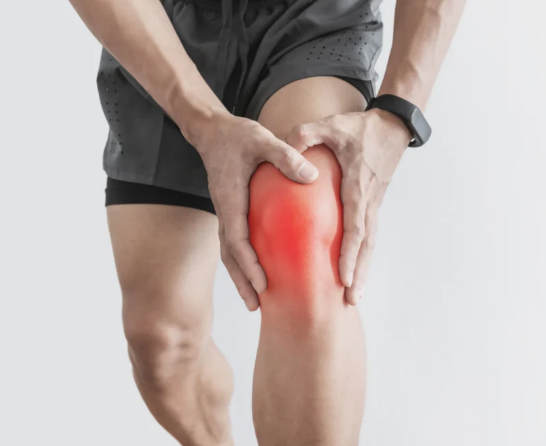Knee pain is one of the most common complaints, affecting people of all ages. Whether caused by injury, arthritis, or overuse, it can significantly limit daily activities. Dr. Jason Pirozzolo, a trusted expert in orthopedic care, advocates for non-surgical treatment options, strengthening exercises, and activity modifications as effective solutions. “Surgery isn’t always the answer. Many patients find relief with simple, conservative strategies,” explains Dr. Pirozzolo.
Most importantly, understanding the root cause of knee pain is essential. Dr. Jason Pirozzolo emphasizes that early intervention can prevent worsening conditions. For many, inflammation is the primary issue. Applying ice, taking anti-inflammatory medications, and elevating the leg can quickly reduce swelling and pain. Compression sleeves or braces also provide much-needed support and stability.
Strengthening the muscles around the knee is another cornerstone of treatment. “Weak muscles can place undue stress on the joint,” says Dr. Pirozzolo. Focus on exercises targeting the quadriceps, hamstrings, and calves. Simple routines like wall sits, straight leg raises, and step-ups build strength while minimizing strain. Dr. Pirozzolo adds, “These exercises are low-impact, making them ideal for anyone recovering from injury.”
Besides that, activity modifications are crucial. High-impact sports and activities, such as running or basketball, can exacerbate knee issues. Switching to low-impact alternatives like swimming, cycling, or yoga can alleviate stress on the joints. Dr. Jason Pirozzolo advises, “Listen to your body. Pushing through pain can lead to long-term damage.”
Another vital aspect is maintaining a healthy weight. Carrying excess weight places additional pressure on the knees. Even small weight losses can have a significant impact. “Losing just 10 pounds reduces the load on your knees by 30 to 40 pounds per step,” notes Dr. Jason Pirozzolo. A balanced diet rich in anti-inflammatory foods, such as leafy greens and omega-3 fatty acids, complements any rehabilitation plan.
Dr. Pirozzolo also highlights the importance of proper footwear. Worn-out or unsupportive shoes can alter your gait and increase knee strain. Investing in orthopedic inserts or shoes with adequate cushioning can prevent further pain. “It’s a small change that yields big benefits,” he adds.
Therefore, physical therapy often becomes a game-changer for patients. Therapists provide tailored plans to improve mobility and strength while addressing specific pain points. For example, gait training can correct movement patterns, reducing pressure on the knees. Dr. Pirozzolo explains, “Physical therapy equips patients with tools to manage their pain and regain confidence in their movements.”
For those with persistent discomfort, innovative treatments like platelet-rich plasma (PRP) injections or hyaluronic acid therapy offer promise. These options aim to reduce inflammation and improve joint lubrication. However, Dr. Pirozzolo cautions that they should be considered alongside, not instead of, foundational approaches like exercise and weight management.
Mental health also plays a role in pain perception. Chronic knee pain can be discouraging, leading to inactivity and worsening symptoms. Relaxation techniques such as mindfulness or guided imagery can complement physical efforts. “Pain is not just physical; addressing emotional well-being is key to a full recovery,” says Dr. Jason Pirozzolo.
Finally, Dr. Pirozzolo urges patients to prioritize prevention. Warming up before exercise, using proper techniques, and staying consistent with strengthening routines can all reduce the risk of future injury. “Proactive care is the best care,” he emphasizes.
Incorporating these strategies can significantly improve knee pain and quality of life. As Dr. Pirozzolo reminds us, “The journey to recovery starts with small, consistent steps.”
For expert advice on sports and orthopedic injuries, recovery strategies, and cutting-edge treatments, follow Dr. Jason Pirozzolo for insights into the latest developments in sports medicine and orthopedic medicine. You may also visit a Key West orthopedic clinic for more information.

